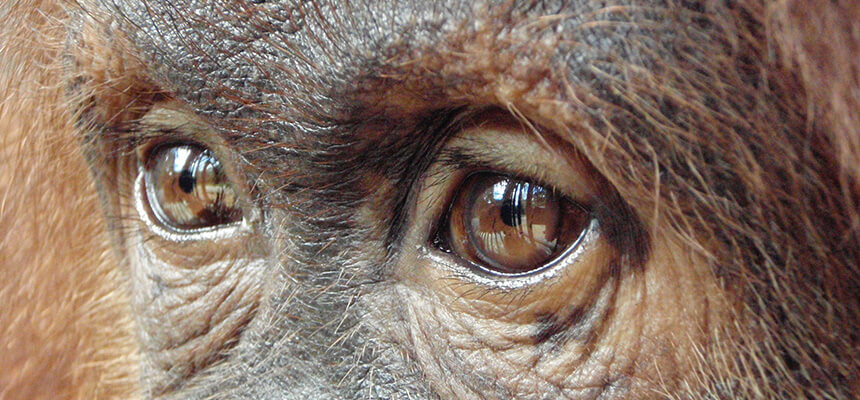Day 2
The daily ration of fruit for an orangutan on Sumatra
 Orangutans: Gardeners of the Rainforest
Orangutans: Gardeners of the Rainforest


On Sumatra, a conservation program is fighting against the extinction of Asia's last great apes

need
The daily ration of fresh fruit for orangutans in the Sumatran Orangutan Conservation Program (SOCP).
activity
The SOCP buys fresh fruit from the local population for the daily supply of the orangutans living in the rescue center.
Measurable performance
The daily ration of fresh fruit for 50 orangutans was ensured
Result
After their rehabilitation period, the orangutans can be released back into previously uninhabited protected areas.
Systemically relevant impact
Resettlement of orangutans in protected areas.
background


The good deed
AboutIndonesia
Jakarta
Capital city
257 563 800
Population
3 362 USD
Gross domestic product
per capita per year
110
Human Development Index
(Human Development Index)



